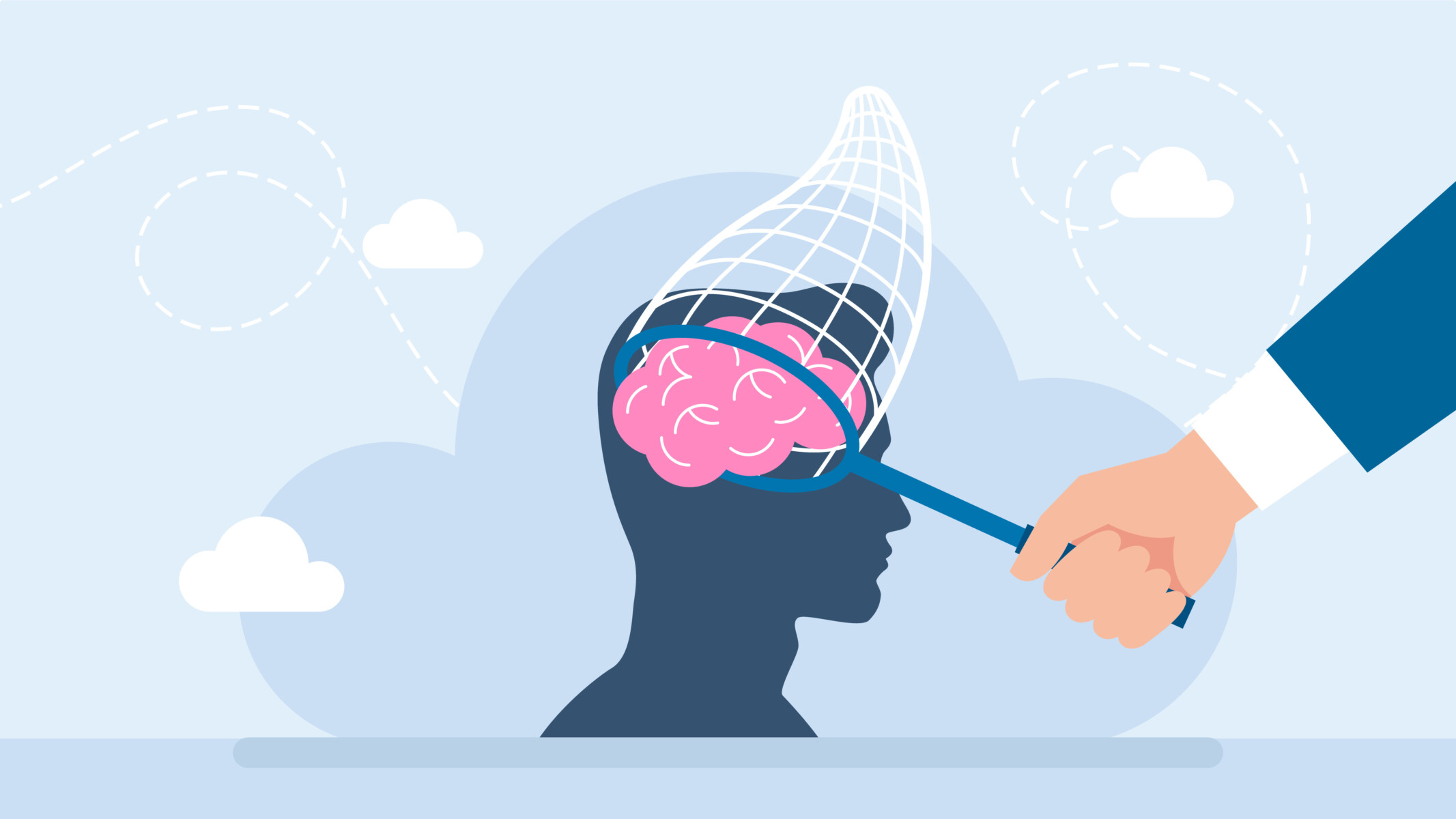Understanding the consumer’s decision-making process is akin to uncovering an intricate puzzle. At its core, marketing is about connecting with people—building relationships that resonate on a deeper level and convert interest into action. This in-depth exploration into consumer psychology uncovers the intricate mechanisms that drive purchasing decisions. Here’s how you can leverage these insights for more effective marketing strategies.
The Art of Influence and Persuasion
In the vast and bustling marketplace, what truly influences buyers, stirring them to choose one brand over another? A combination of subconscious cues and strategic messaging has the profound ability to attract and captivate.
Creating a Sense of Urgency
“How urgent is this need?” This is a question that subconsciously flits through a consumer’s mind as they browse. Incorporating language that emphasizes time-sensitivity—‘limited offer,’ ‘act now,’ ‘ending soon’—ignites a swift response. Brands like Amazon expertly utilize this by showcasing deals and specifying how many hours remain to claim them.
Social Proof and the Bandwagon Effect
The herd mentality prevails in consumer behavior. When individuals notice others endorsing a product or service, they are likely to follow suit. Testimonials, reviews, and case studies serve as powerful forms of social proof. Incorporating star ratings, user-generated content, or even celebrity endorsements can be the tipping point in purchasing decisions.

The Power of Reciprocity
Human beings have an innate desire to give back when they receive something. Be it a free sample, an e-book download, or a complimentary service, the principle of reciprocation often leads consumers to reciprocate the goodwill. This lays the groundwork for lasting customer relationships and repeat business.
Insight-Driven Storytelling
In a world oversaturated with marketing messages, storytelling is the beacon that guides consumers to your brand. Storytelling that is crafted with insights into consumer psychology becomes compelling, relatable, and memorable.
Identifying Shared Values
Consumers forge stronger connections with brands that reflect their own values. By understanding your target audience’s core beliefs, you can tailor narratives that align with their moral compass. This connection deepens the brand-consumer bond, fostering brand loyalty.
Leveraging Emotional Triggers
The best stories are those that evoke emotions. These can range from humor and joy to nostalgia and inspiration. Emotional triggers in marketing can amplify the impact of your campaigns, making them more shareable and ingrained in the consumer’s mind.
Consistency in Brand Messaging
A consistent brand voice strengthens recognition and trust. Keeping the language and imagery consistent across all touchpoints, from social media to your website, ensures that your brand is perceived as cohesive and reliable, reducing cognitive dissonance for the consumer.
Consumer Behavior in the Digital Landscape
The advent of the digital age has transformed the way consumers interact with brands. Websites, social media, and online communities offer endless opportunities for engagement and connection.
The Paradox of Choice
While the digital world provides an abundance of options, this can lead to choice overload and decision fatigue for consumers. Simplifying options and providing clear guidance can alleviate these issues and enhance the user experience.
Digital Personalization
Digital tools have made it possible to create highly personalized experiences for consumers. Receiving an email that addresses them by name, or offers product recommendations based on their browsing history, makes consumers feel valued as individuals rather than just another face in the crowd.
The Role of FOMO
The fear of missing out (FOMO) is a potent force in the digital landscape. Limited edition releases, online sales with a ticking clock, or exclusive webinars can leverage this psychological trigger to spur action. However, it’s important to ensure that the experience is as rewarding as the anticipation.
Neuromarketing: Understanding the Brain’s Response to Marketing
Neuromarketing uncovers the explicit and implicit brain processes that take place during marketing exposure. Understanding these responses can fine-tune your strategies to maximize impact.
The Power of Color and Design
Color and design elements can evoke strong emotions and associations. By aligning visual marketing elements with neuropsychological findings, you can create designs that enhance brand recognition and resonate with the target audience.
The Impact of Sensory Experiences
Incorporating sensory elements into marketing campaigns can create a more immersive experience. For example, a perfume advertisement can give a hint of the scent, evoking sensory experiences before a purchase is made.
The Use of Neurocopywriting
Neurocopywriting is the art of writing copy that speaks to the consumer’s unconscious mind. By focusing on emotional drivers and using word choices that resonate, marketing messages can become more compelling and persuasive.

Measuring Success and Iterative Improvement
To gauge the effectiveness of marketing efforts and to refine your strategy, it’s essential to measure success at various touchpoints along the consumer’s journey.
Implementing A/B Testing
A/B testing allows you to compare two versions of a web page, email, or advertisement to see which one delivers better results. By making incremental changes and measuring their impact, you can make data-driven decisions that optimize conversion rates.
Analyzing Consumer Feedback
Engaging with consumer feedback offers invaluable insights into what’s resonating and where improvements are needed. This feedback loop is essential for understanding and meeting consumer expectations.
Leveraging Big Data and Analytics
Big data and analytics provide a wealth of information about consumer behavior. By harnessing these insights, you can identify trends, predict future behavior, and tailor your marketing strategies for maximum impact.
In conclusion, the key to effective marketing lies in comprehending the driving forces behind consumer behavior. By psychology into your marketing strategies, you can forge deeper connections, influence purchasing decisions, and ultimately cultivate a loyal customer base. This understanding is not just about selling a product or service; it’s about crafting an experience that resonates with the consumer on a personal level. It’s a voyage of exploration—one that can lead to unparalleled success for your brand. Embark on this journey with curiosity, empathy, and a strategic mind, and watch your marketing reach new heights.
Ready to decode consumer psychology in your marketing strategies? Apply these insights and watch your brand flourish in the minds and hearts of your audience. For more helpful insight into the digital marketing world, sign up for our monthly newsletter!




